William Dalrymple is a historian, writer, broadcaster, and critic from Scotland. He’s also a curator and an art historian. His books have received numerous honours and awards, including the Duff Cooper Memorial Prize, the Thomas Cook Travel Book Award, the Sunday Times Young British Writer of the Year Award, the Hemingway, Kapuciski, and Wolfson Prizes for History, as well as the Arthur Ross Medal from the US Council on Foreign Relations.He has been longlisted for the Baillie Gifford Prize for Nonfiction five times and shortlisted once.
William Dalrymple earned the Grierson Award for Best Documentary Series at BAFTA in 2002 for his BBC television documentary about his trek to the Ganges’ source, ‘Shiva’s Matted Locks,’ one of three episodes in his Indian Journeys series, which he authored and presented. He is also one of the co-founders and co-directors of the Jaipur Literature Festival, which takes place every year.
Princeton University named Dalrymple a Whitney J. Oates Visiting Fellow in the Humanities in 2012. He was named OP Jindal Distinguished Lecturer at Brown University in 2015. He is also an Academic Visitor at Oxford University and an Honorary Fellow of the Bodleian Library. He was selected to the COVID-19 era’s top 50 thinkers in the 2020 Prospect list.
The Anarchy, his most recent work, was long-listed for the Baillie Gifford Prize 2019 and was nominated for the Duke of Wellington Medal for Military History, the Tata Book of the Year (Non-fiction), and the Historical Writers Association Book Award 2020. It was a finalist for the Cundill Prize for History and received the US Council on Foreign Relations’ Arthur Ross Bronze Medal in 2020.
Here are the Books written by William Dalrymple
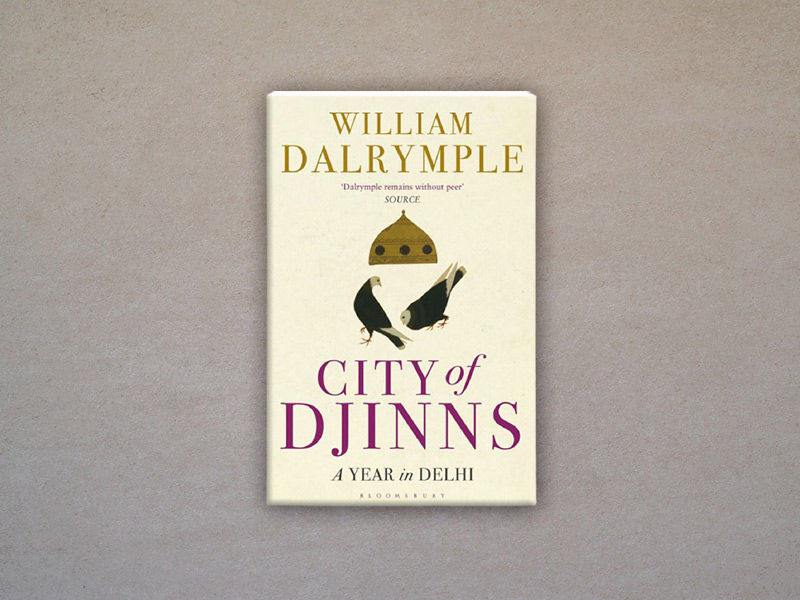
William Dalrymple’s City of Djinns: A Year in Delhi (1993) is a travel account about India’s historical capital, Delhi. It’s his second book, and it’s the culmination of his six-year stay in New Delhi. The City of Djinns is one of William Dalrymple’s first books, and it does not revolve around Indian history; rather, it represents various anecdotes from his time in India and explores Indian history through the characters he meets, such as the Puri family, the driver, the customs officer, and British survivors of the Raj, as well as whirling dervishes and eunuch dancers.
Dalrymple recounts ruins and the feeling of living in a contemporary city as he seeks the origins underlying the Mahabharata’s epic legends. He also discovers evidence of the city’s violent past and present, including the 1857 mutiny.
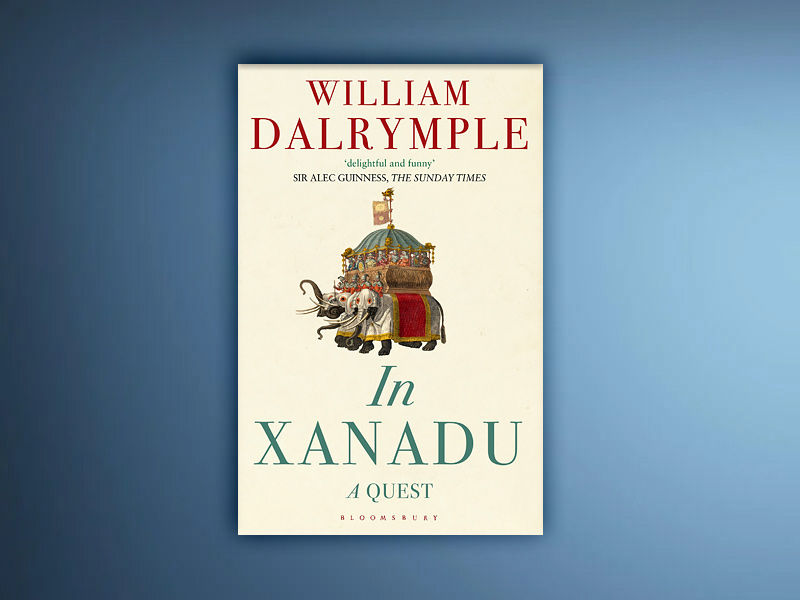
In Xanadu: It follows Marco Polo’s journey from Jerusalem’s Church of the Holy Sepulchre to Shangdu, China’s Inner Mongolia, which is known as Xanadu in English literature. The story begins with William Dalrymple receiving a vial of holy oil from the Holy Sepulchre’s blazing lights, which he is to deliver to Shangdu, King Kubla Khan’s summer residence. Kubla Khan is said to have wished a hundred knowledgeable persons armed with Christian knowledge to come to his khanate and preach Christian knowledge.
However, that idea was abandoned, and Marco Polo and his uncle set off on the Silk Route from Jerusalem to Shang-du to bring a vial of the holy oil, which was rumoured to be inexhaustible and so kept the candles at the Sepulchre blazing at all times.
Also Read, Increase with your vocabulary, with Shashi Tharoor
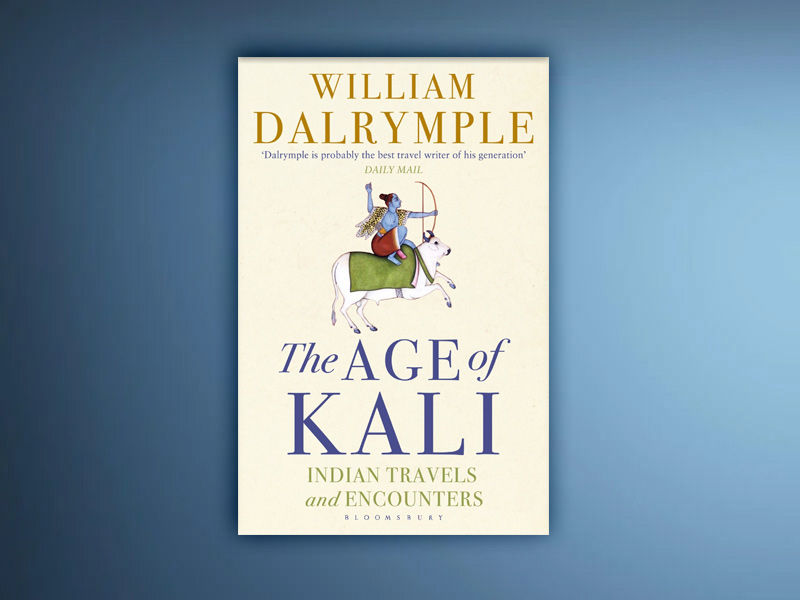
William Dalrymple’s travel book, The Age of Kali, was published in 1998. The book’s focus is unrest in the Indian subcontinent, as well as Hindu belief in a period known as the Kali Yuga, during which numerous issues would arise throughout the world. The book provides a summary of several of the region’s major disputes at the time of publishing, as well as interviews with participants in those events.
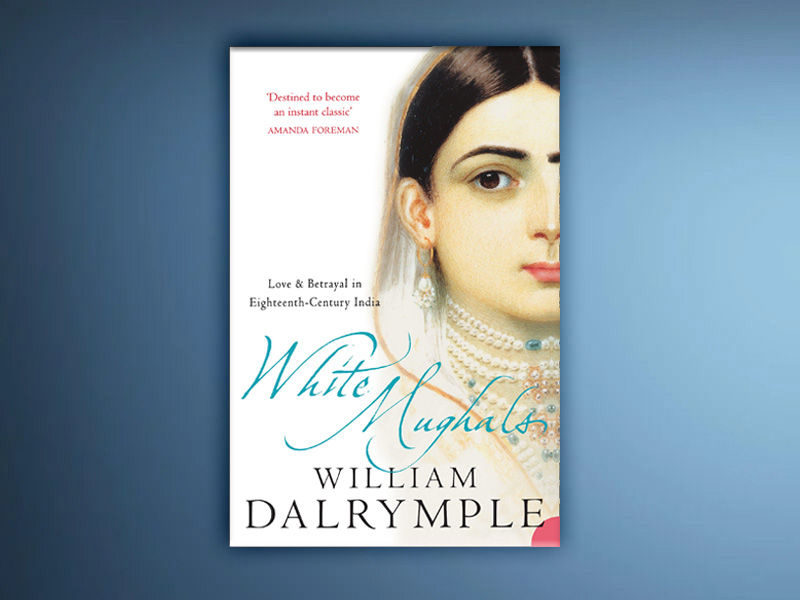
White Mughals: It is Dalrymple’s sixth major work, and it chronicles the true account of James Achilles Kirkpatrick’s love affair with Khair-un-Nissa Begum in early nineteenth-century Hyderabad. The book provides a social history of the cordial interactions between the British and certain Indians in the 18th and early 19th centuries, when one in every three British males in India married an Indian lady.
It explores the inter-ethnic relationships that developed between British commanders like Charles “Hindoo” Stuart and Indian ladies, as well as the geopolitical setting of late-eighteenth-century India. It investigates the interconnections of Christianity and Islam, similar to From the Holy Mountain, highlighting the remarkably permeable link between the two in pre-modern periods.
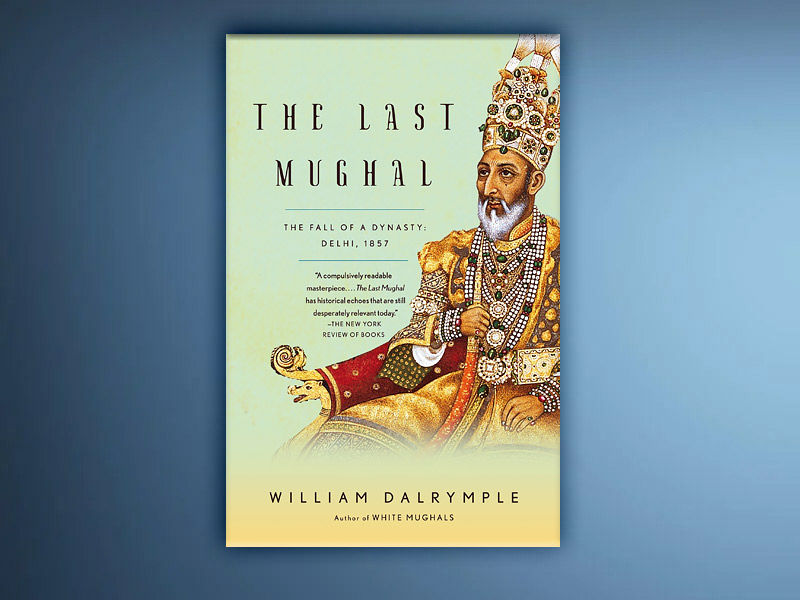
William Dalrymple’s historical book The Last Mughal: The Fall of a Dynasty, Delhi 1857, was published in 2006. The inclusion of “The Mutiny Papers,” which includes hitherto disregarded Indian narratives of the events of 1857, earned plaudits for the book Dalrymple’s sixth and second to represent his long love affair with the city of Delhi. He collaborated on these materials with Mahmood Farooqui, an Urdu scholar. The book was awarded the Duff Cooper Memorial Prize for History and Biography in 2006, as well as the Vodafone Crossword Book Award in 2007.
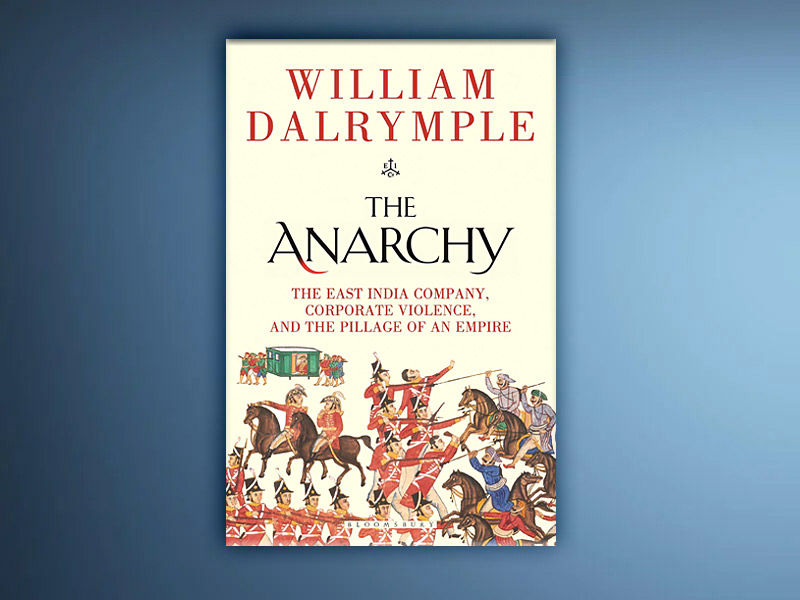
William Dalrymple’s history book The Anarchy: The Relentless Rise of the East India Company was published in 2019. It tells the story of the East India Company’s development in the second half of the 18th century, against the backdrop of the Mughal Empire’s collapse and the emergence of regional powers. The book chronicles the history of the East India Company on the Indian subcontinent, beginning with the company’s humble beginnings in 1599, when it was granted a monopoly on all commerce between England and Asia by a royal charter.
They had established bases in Bombay, Calcutta, and Madras by the end of the first half of the 18th century. The majority of the book is devoted to territorial victories, beginning with the Battle of Plassey in 1757, which resulted in the capture of Bengal, Mughal India’s richest province.





























